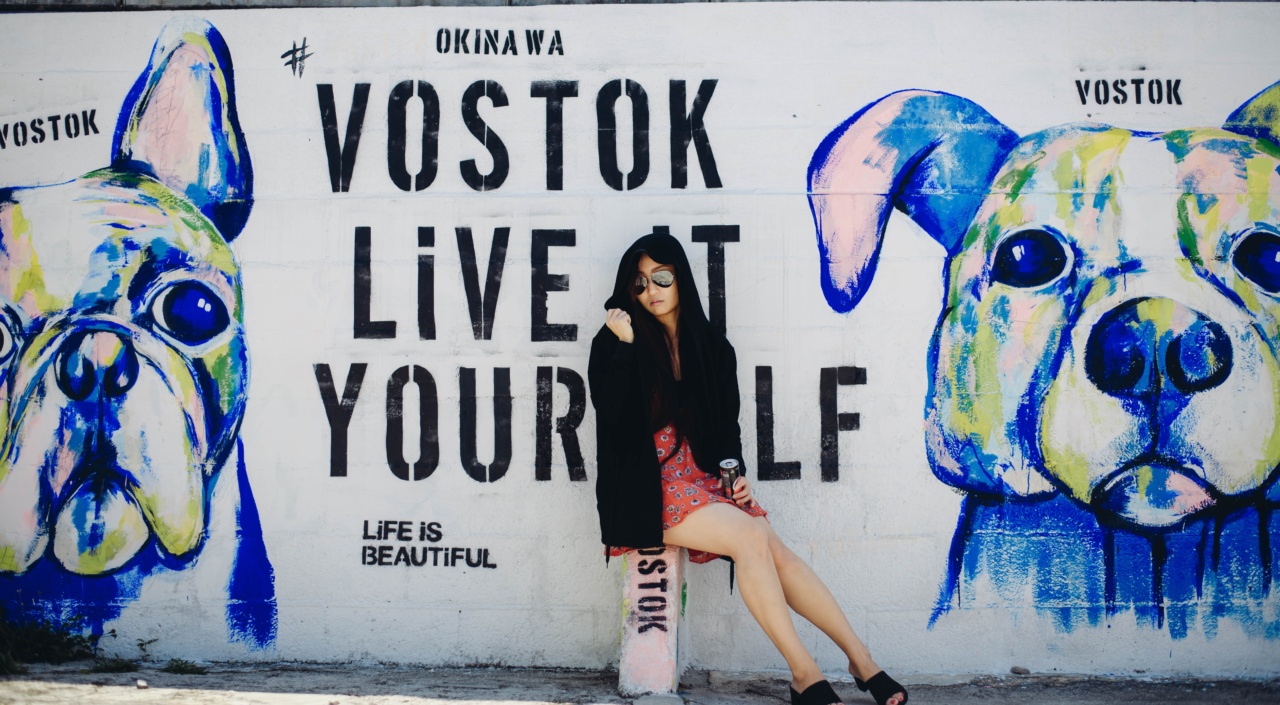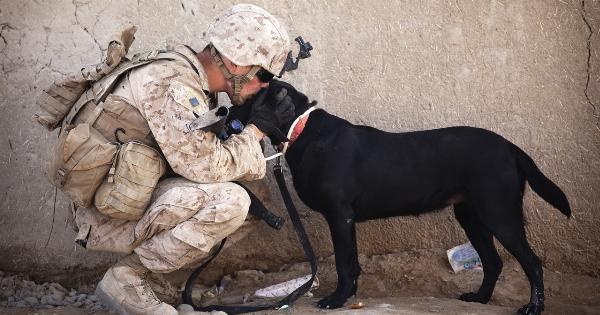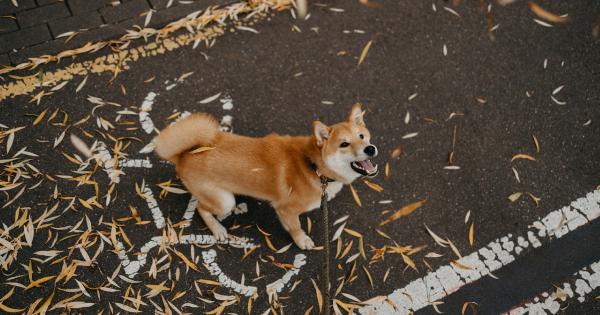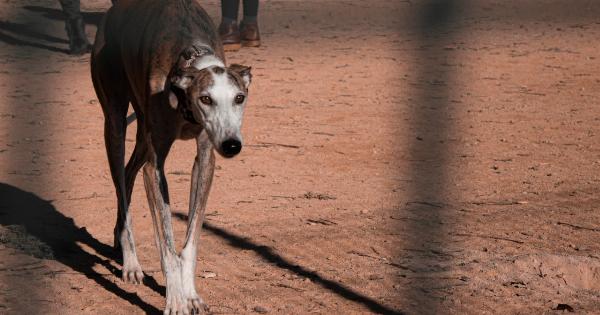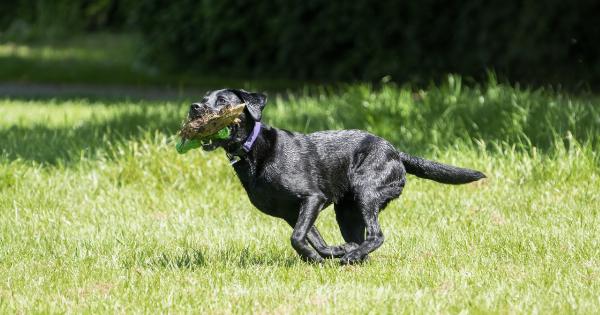You may have experienced a situation where your dog appears to be acting jealous, but you’re not sure if that’s what’s really going on.
Jealousy is a complex emotion that involves feelings of resentment, envy, and insecurity when someone or something is perceived as a threat to a relationship or possession. While it has been debated whether animals, including dogs, can experience jealousy, recent research suggests that they may indeed be capable of feeling this complex emotion.
What Does Research Say?
A study published in the journal PLoS ONE in 2014 found that dogs were more likely to exhibit jealous behavior when their owners showed attention to a stuffed dog than a book or a jack-o-lantern.
The researchers concluded that the dogs were experiencing jealousy, not just a general reaction to the situation. Another study in 2017 found that dogs showed increased aggression towards a dog-shaped object when their owners gave it attention and ignored them.
While these studies suggest that dogs can experience jealousy, it’s important to note that there are limitations to this research.
The studies used small sample sizes and relied on subjective observations of behavior, rather than directly measuring emotional states in dogs. However, these studies do provide evidence that dogs may be capable of experiencing complex emotions such as jealousy.
Jealous Behavior in Dogs
Jealous behavior in dogs can manifest in a variety of ways, including:.
- Aggression towards the perceived threat
- Attention-seeking behavior towards the owner
- Attempts to get in between the owner and the perceived threat
- Whining or barking when the owner gives attention to someone or something else
- Showing signs of anxiety, such as panting, pacing, or drooling
It’s important to note that not all dogs will exhibit jealous behavior, and some may show a different emotional response to a perceived threat, such as fear or anxiety.
Causes of Jealousy in Dogs
Jealousy in dogs can be caused by a variety of factors, including:.
- Lack of attention from the owner
- Changes in household dynamics, such as the introduction of a new family member or pet
- Perceived threat to resources, such as food or toys
- Unpredictable or inconsistent behavior from the owner
- Separation anxiety
If your dog is exhibiting jealous behavior, it’s important to identify the underlying cause and address it appropriately. Working with a professional dog trainer or behaviorist can help you develop a plan to address jealous behavior in your dog.
How to Deal with Jealous Behavior in Dogs
If your dog is exhibiting jealous behavior, there are several strategies you can use to address it:.
- Practice positive reinforcement training to reinforce desired behavior and teach your dog alternative behaviors, such as sitting calmly when you give attention to another person or pet
- Ensure that your dog is getting enough attention and exercise
- Use management strategies, such as keeping toys and food bowls separate, to reduce competition for resources
- Address any underlying anxiety or fear-based behavior with the help of a professional dog trainer or behaviorist
It’s important to address jealous behavior in dogs because it can lead to aggression or other negative behaviors if left unaddressed. By working with your dog to address jealous behavior, you can help create a harmonious household for everyone.
Conclusion: Can Dogs Experience Jealousy?
While the research on whether dogs can experience jealousy is still ongoing, there is evidence to suggest that they may indeed be capable of feeling this complex emotion.
If your dog is exhibiting jealous behavior, it’s important to identify the underlying cause and address it appropriately. Working with a professional dog trainer or behaviorist can help you develop a plan to address jealous behavior in your dog and create a harmonious household for everyone.
